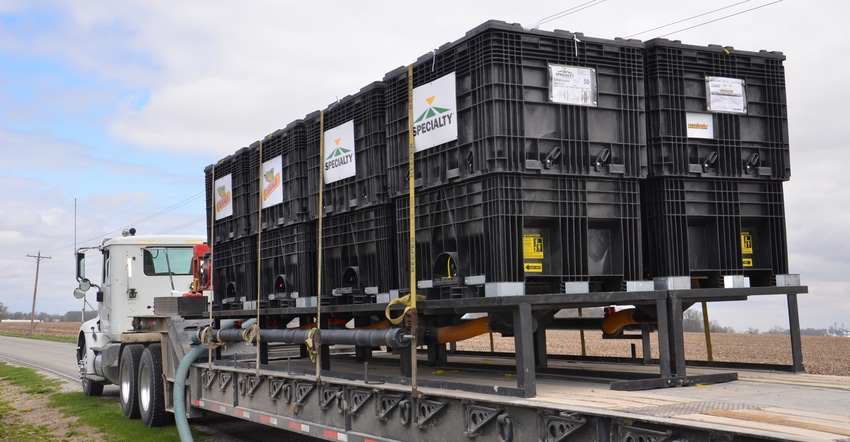April 26, 2018

By Darrell Boone
Suppose you’re pulling a wagonload of hay down the road and a drunk driver runs into you and is killed. His fault, right? But what if you were in a hurry and forgot to put a slow-moving vehicle sign on the back of your wagon?
“Even though he was drunk, his lawyer will argue that had you put the SMV sign on the back, he might have seen it and slowed down,” says Purdue University’s Fred Whitford. He’s director of Purdue Pesticide Programs.
“That takes it from being clearly his fault to maybe at least partly yours,” Whitford says. “You need to learn to think like a lawyer when it comes to safety with your trucks or equipment on the road.”
Here are some tips from Whitford to keep yourself out of legal hot water:
• Keep maintenance records on all trucks. Safety inspections for cars and farm trucks are no longer required in Indiana. But if one of your trucks is involved in an accident, one of the first things a lawyer will want to see is if the truck was properly maintained. Be able to prove it. Keep a record of everything you do on your trucks, whether you keep records on paper or digitally.
• Perform annual inspections on all trucks. Although it’s generally no longer required by the federal Department of Transportation, Whitford says, doing an annual inspection anyway can alert you to any problems with your vehicles, give you an opportunity to correct those problems, and provide you with documentation, should you need it. And although you can perform these inspections yourself, Whitford recommends having at least one of your semitrucks or straight trucks inspected by a third party yearly.
“It would show a jury that an independent, professional inspector found your truck to be in good shape, and would show that you’re making a good-faith effort to not be ‘a bad actor,’” he says.
• If you have a commercial driver’s license, participate in a drug and alcohol testing program. Do you have to? Probably not. Farmers are exempt under federal regulations, Whitford notes. However, he believes belonging to a hospital-connected testing program is still a good idea, so if you’re randomly called, you can verify that someone’s checking out your operation. Again, it shows a good-faith effort that you’re not putting impaired drivers behind the wheel.
• If your truck is in an accident, take the driver to be tested. If one of your trucks is in an accident, make sure someone transports the driver to a hospital for drug and alcohol testing, Whitford insists. In any subsequent legal action, you can be sure it’s going to come up, he says. Was the driver of the truck influenced by drugs or alcohol? If the driver tests negative, that gives you a leg up in your defense.
Boone writes from Wabash, Ind.
You May Also Like




